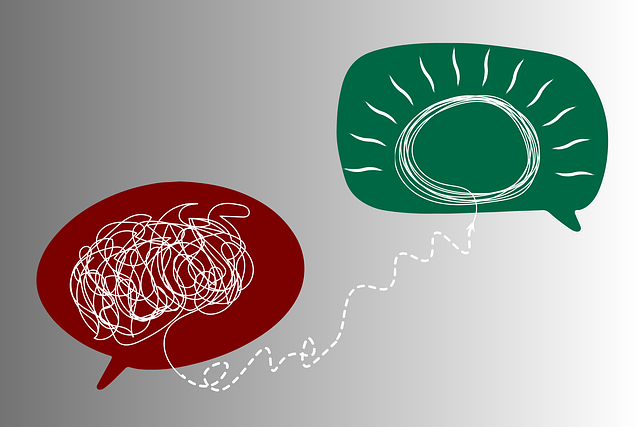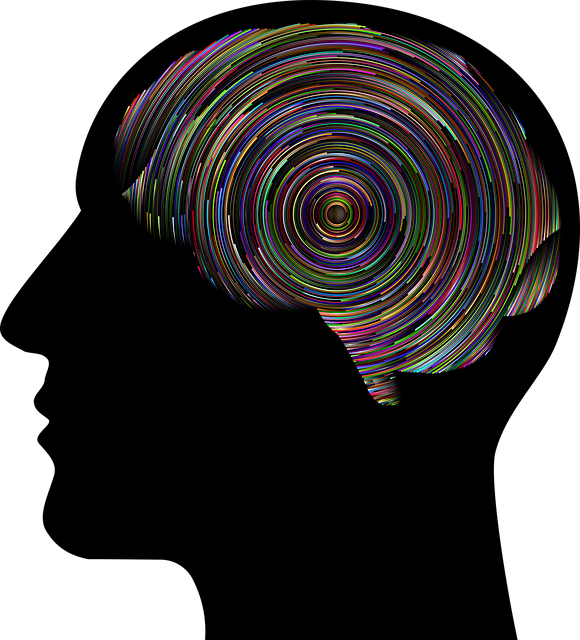Postpartum depression (PPD) is a common mental health issue among new mothers, often overlooked. Digital technology offers a revolutionary solution with apps providing tailored therapy, emotional support, and community platforms. These tools enhance long-term mental health through personalized therapy and emotional intelligence strategies. Integrating features like mood tracking, virtual reality, and live counseling ensures user privacy and accessibility. User-centric design is key, focusing on intuitive navigation and content tailored to PPD sufferers' needs, while community outreach and education programs support a holistic approach to healing.
In today’s digital age, mental wellness apps are gaining prominence as powerful tools for addressing growing concerns like adult postpartum depression. This article delves into the crucial development of therapy applications tailored to this specific demographic. We explore key features and functionality essential for effective support, focusing on integrating counseling services into user-friendly digital platforms. Additionally, we discuss strategies for designing engaging, healing experiences centered around the unique needs of postpartum users, aiming to enhance their mental wellness journey.
- Understanding Adult Postpartum Depression: A Growing Focus for Mental Health Apps
- Integrating Therapy into Digital Platforms: Features and Functionality for Effective Support
- Designing User-Centric Experiences: Strategies to Promote Engagement and Healing in Postpartum Users
Understanding Adult Postpartum Depression: A Growing Focus for Mental Health Apps

Postpartum depression (PPD) is a complex and often undiagnosed mental health condition that affects many new mothers. Beyond the initial focus on maternal mental health, there’s a growing recognition of the need for therapy tailored to adults experiencing PPD. This shift in perspective is crucial as it ensures comprehensive care for individuals struggling with this particular form of emotional distress. With advancements in digital technology, mental wellness apps are increasingly being developed to address specific issues like PPD.
These applications provide accessible and discrete support through various features such as Mental Wellness Journaling Exercise Guidance and community-oriented platforms that foster connections between users. By offering personalized therapy and a sense of belonging, these apps can significantly impact the lives of those battling PPD. Moreover, incorporating strategies for enhancing emotional intelligence can equip users with valuable tools to manage their mental health effectively in the long term.
Integrating Therapy into Digital Platforms: Features and Functionality for Effective Support

Integrating therapy into digital platforms offers a revolutionary approach to mental wellness support, especially for adults dealing with postpartum depression. These apps often incorporate interactive features and tools that facilitate personalized treatment plans. For instance, they may include mood tracking, where users can regularly record their emotions, providing valuable data for therapists to analyze. Additionally, virtual reality (VR) therapy sessions, guided meditations, and mindfulness exercises based on Mind Over Matter principles have shown significant potential in treating depression.
Effective app-based therapy also emphasizes user privacy and security, ensuring safe spaces for emotional healing processes. The integration of therapeutic techniques should consider Healthcare Provider Cultural Competency Training to cater to diverse user needs. Features like live chat, video counseling sessions, and online communities can enhance accessibility, enabling users to connect with both professionals and peers on their journey to improved mental health.
Designing User-Centric Experiences: Strategies to Promote Engagement and Healing in Postpartum Users

Designing user-centric experiences is a key strategy to promote engagement and healing in postpartum users seeking therapy for adults with postpartum depression. Apps should prioritize intuitive navigation, personalized content, and accessible features tailored to the unique needs of new mothers. Incorporating interactive elements like mood tracking, guided meditations, and supportive communities can foster a sense of connection and reduce feelings of isolation. Engaging visuals, soothing music, and adaptable interfaces further enhance user experiences, making therapy more appealing and effective.
Additionally, implementing community outreach program integration, mental health policy analysis and advocacy initiatives, and mental health education programs design can complement app-based therapies. These strategies collectively support a holistic approach to postpartum mental wellness by raising awareness, breaking down stigma, and providing additional resources for users navigating their journey towards healing.
Mental wellness app development, particularly focusing on therapy for adults with postpartum depression, offers a promising avenue for support and healing. By integrating evidence-based therapeutic techniques into user-centric digital platforms, these apps can significantly enhance access to care. As the demand for such solutions grows, developers must prioritize engaging designs that cater to the unique needs of postpartum users, ensuring effective navigation and personalized experiences. This approach has the potential to revolutionize mental health support, making it more accessible and tailored to modern lifestyles.










